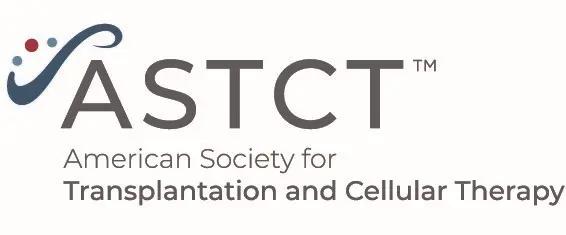Chimeric Antigen Receptor (CAR) T-Cell Therapy Use in Patients with Multiple Myeloma and Kidney Failure on Maintenance Hemodialysis: A Report of 2 Cases
Two cases of patients with multiple myeloma and kidney failure successfully underwent CAR T-cell therapy using ciltacabtagene autoleucel.
Two cases of patients with multiple myeloma and kidney failure successfully underwent CAR T-cell therapy using ciltacabtagene autoleucel.

Researchers at the Memorial Sloan Kettering Cancer Center reported two cases of patients with multiple myeloma (MM) and kidney failure who successfully underwent Chimeric Antigen Receptor (CAR) T-cell therapy using ciltacabtagene autoleucel. Both patients, who were on maintenance hemodialysis, achieved a positive hematologic response with no significant adverse events. This suggests that CAR T-cell therapy may be a viable option for patients with both MM and kidney failure, even though these individuals are typically excluded from major clinical trials.
The exclusion of patients with kidney failure from pivotal CAR T-cell trials such as KarMMa and CARTITUDE, despite up to 50% of MM patients experiencing kidney impairment, prompted this study. The researchers aimed to explore the safety and efficacy of CAR T-cell therapy in these patients, particularly regarding adjusting lymphodepletion protocols. Two patients with relapsed or refractory MM were identified and treated with ciltacabtagene autoleucel after adjusting the lymphodepletion regimen and hemodialysis schedules. The first patient received a 50% reduced dose of fludarabine, while the second did not receive fludarabine, based on prior studies.
Both patients responded well to treatment, showing reductions in free light chain levels and achieving either a complete hematologic response or a very good partial response. Importantly, neither patient experienced cytokine release syndrome (CRS) or immune effector cell-associated neurotoxicity syndrome (ICANS), which are common risks with CAR T-cell therapy. The results of this report indicate that ciltacabtagene autoleucel can be safely administered in MM patients with kidney failure, though further studies are needed to optimize dosing regimens and long-term outcomes.
Reference
Pak WLW, Brumwell NA, Kabel CC, et al. Chimeric Antigen Receptor (CAR) T-Cell Therapy Use in Patients with Multiple Myeloma and Kidney Failure on Maintenance Hemodialysis: A Report of 2 Cases. Kidney Med. 2024;6(8):100856. Published 2024 Jun 14. doi.10.1016/j.xkme.2024.100856